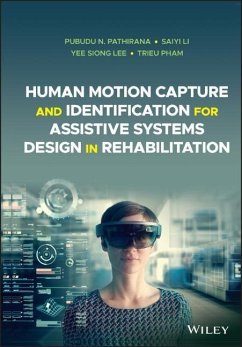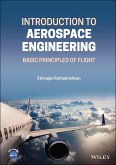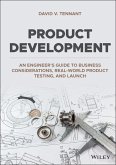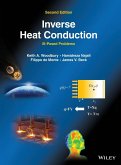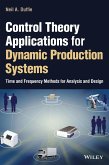HUMAN MOTION CAPTURE AND IDENTIFICATION FOR ASSISTIVE SYSTEMS DESIGN IN REHABILITATION
A guide to the core ideas of human motion capture in a rapidly changing technological landscape
Human Motion Capture and Identification for Assistive Systems Design in Rehabilitation aims to fill a gap in the literature by providing a link between sensing, data analytics, and signal processing through the characterisation of movements of clinical significance. As noted experts on the topic, the authors apply an application-focused approach in offering an essential guide that explores various affordable and readily available technologies for sensing human motion.
The book attempts to offer a fundamental approach to the capture of human bio-kinematic motions for the purpose of uncovering diagnostic and severity assessment parameters of movement disorders. This is achieved through an analysis of the physiological reasoning behind such motions. Comprehensive in scope, the text also covers sensors and data capture and details their translation to different features of movement with clinical significance, thereby linking them in a seamless and cohesive form and introducing a new form of assistive device design literature. This important book:
_ Offers a fundamental approach to bio-kinematic motions and the physiological reasoning behind such motions
_ Includes information on sensors and data capture and explores their clinical significance
_ Links sensors and data capture to parameters of interest to therapists and clinicians
_ Addresses the need for a comprehensive coverage of human motion capture and identification for the purpose of diagnosis and severity assessment of movement disorders
Written for academics, technologists, therapists, and clinicians focusing on human motion, Human Motion Capture and Identification for Assistive Systems Design in Rehabilitation provides a holistic view for assistive device design, optimizing various parameters of interest to relevant audiences.
Hinweis: Dieser Artikel kann nur an eine deutsche Lieferadresse ausgeliefert werden.
A guide to the core ideas of human motion capture in a rapidly changing technological landscape
Human Motion Capture and Identification for Assistive Systems Design in Rehabilitation aims to fill a gap in the literature by providing a link between sensing, data analytics, and signal processing through the characterisation of movements of clinical significance. As noted experts on the topic, the authors apply an application-focused approach in offering an essential guide that explores various affordable and readily available technologies for sensing human motion.
The book attempts to offer a fundamental approach to the capture of human bio-kinematic motions for the purpose of uncovering diagnostic and severity assessment parameters of movement disorders. This is achieved through an analysis of the physiological reasoning behind such motions. Comprehensive in scope, the text also covers sensors and data capture and details their translation to different features of movement with clinical significance, thereby linking them in a seamless and cohesive form and introducing a new form of assistive device design literature. This important book:
_ Offers a fundamental approach to bio-kinematic motions and the physiological reasoning behind such motions
_ Includes information on sensors and data capture and explores their clinical significance
_ Links sensors and data capture to parameters of interest to therapists and clinicians
_ Addresses the need for a comprehensive coverage of human motion capture and identification for the purpose of diagnosis and severity assessment of movement disorders
Written for academics, technologists, therapists, and clinicians focusing on human motion, Human Motion Capture and Identification for Assistive Systems Design in Rehabilitation provides a holistic view for assistive device design, optimizing various parameters of interest to relevant audiences.
Hinweis: Dieser Artikel kann nur an eine deutsche Lieferadresse ausgeliefert werden.

